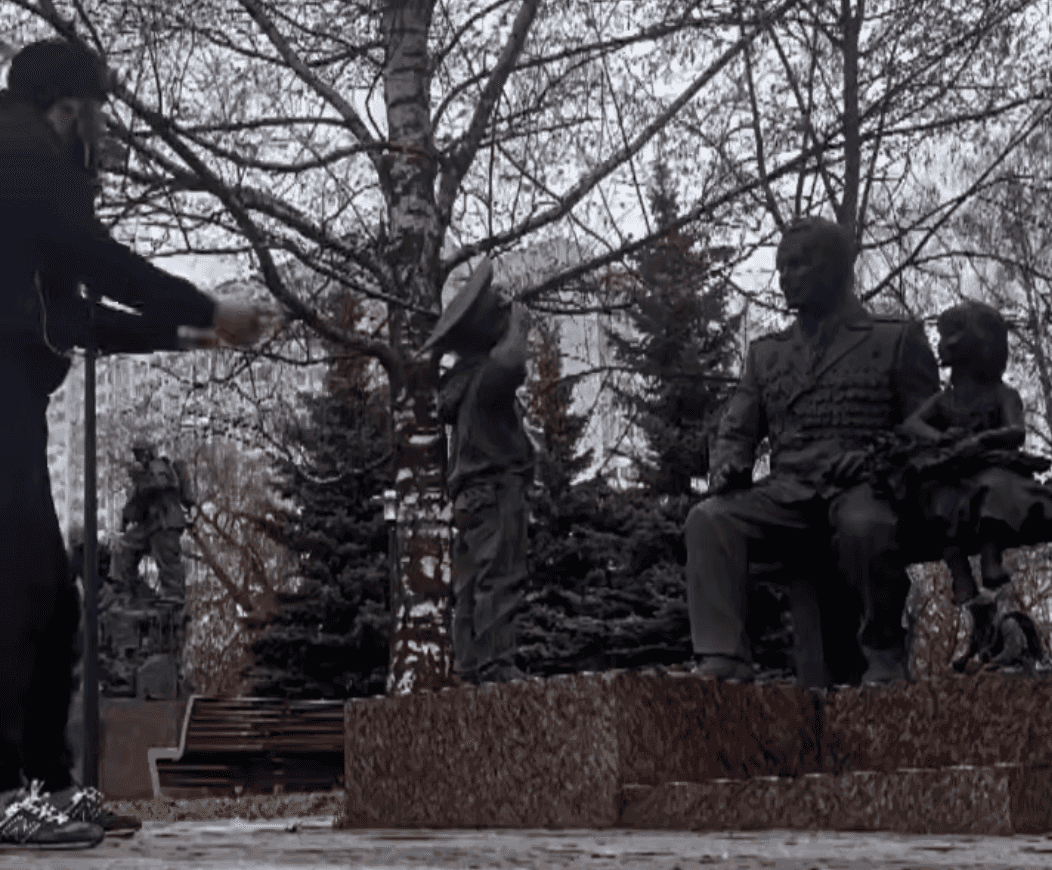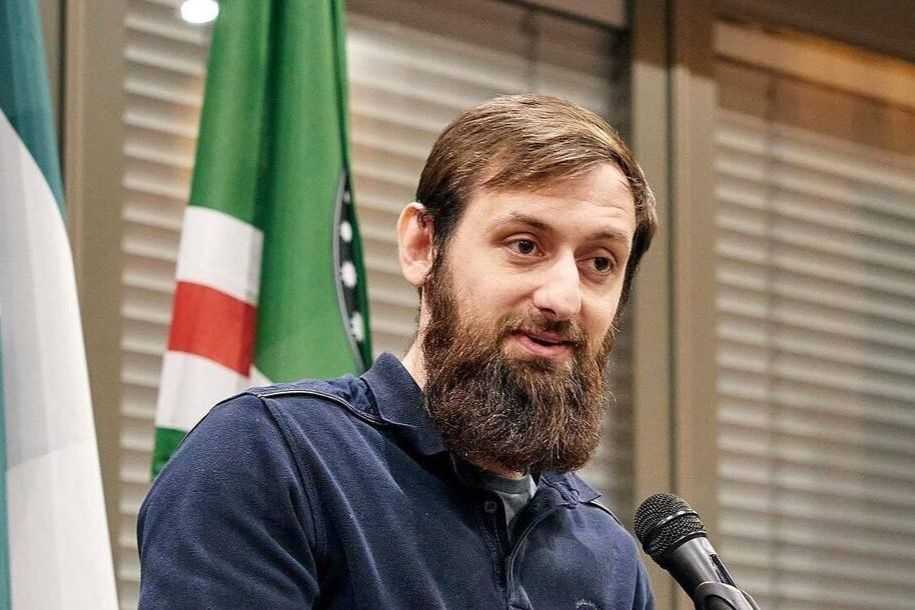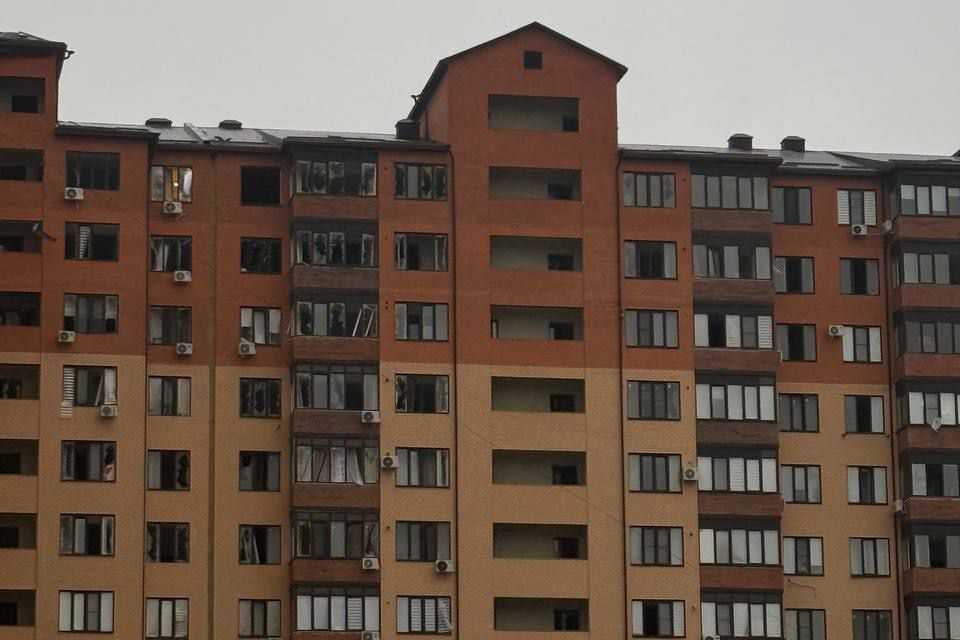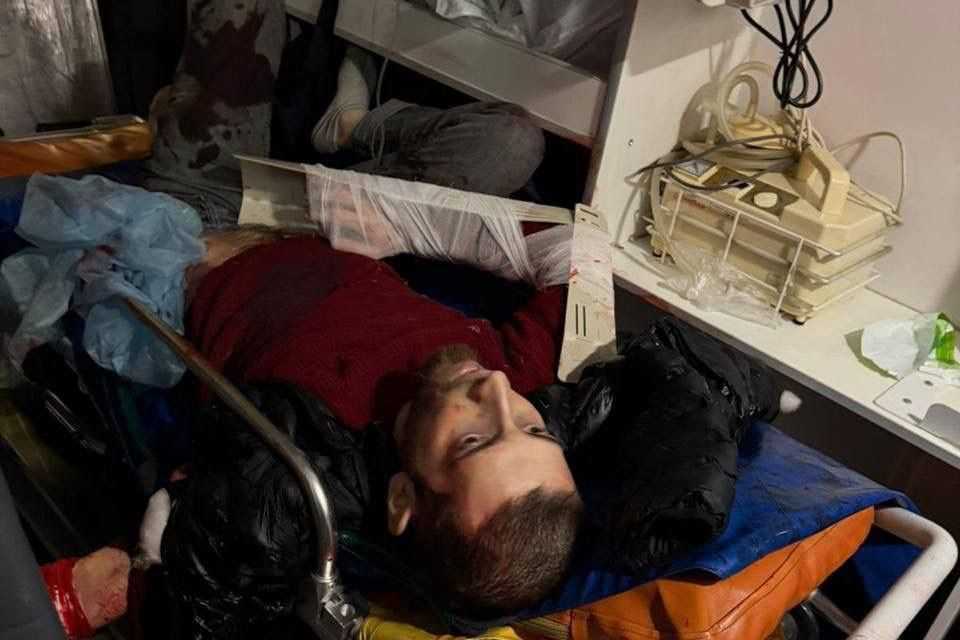
 Makhachkala residents have won a victory over the city authorities’ plans to build a museum in the city’s oldest park.
Makhachkala residents have won a victory over the city authorities’ plans to build a museum in the city’s oldest park.
The construction of a museum in Daghestan’s capital of Makhachkala titled ‘Russia Is My History’ will be constructed on Shamil Avenue, instead of its planned location in Lenin Kosmomol Park, Daghestan’s president Ramazan Abdulatipov wrote on his Instagram page.
‘Following an extensive public debate, I made the decision to allocate land for the construction of the museum on a site on Imam Shamil Street. (…) Some people decided to work on their PR while debating this project, escalating the situation and misinforming people, saying that the historical museum would be constructed in Lenin Kosmomol Park and that many trees would be felled. It was only one of seven available options for the location of the museum’, Abdulatipov’s statement reads.
Shamil Avenue is one of the main arteries of Makhachkala, which connects several districts of the city. Abdulatipov further explained that the new plot fulfills all the criteria for construction of the museum.
‘The location of the new building is close to the centre of the city, near universities and schools’, the president wrote.
Passions flared over the Lenin Kosmomol Park slightly over a week ago. There are only five green areas left in the capital of Daghestan. Over the years, these have become smaller as city authorities continued to sell plots to private developers. When the 100-year-old park was at risk of disappearing, activists took to the streets.
‘I was born in this district, grew up and hung out here. In my youth, I strolled with girls in this park. Then, I walked with my children. God willing, I will walk with my grandchildren here too. In Soviet times, every 1st and 9th of May we would go for a walk here with the whole family. Probably, the whole town was here’, recalls Artur Hamidov, a resident of Makhachkala.
A citizens’ initiative group gathered daily in the park at the site where the museum was to be built.
The ‘Russia Is My History’ project is a multimedia exhibition on how Russia has progressed, from the age of Rurik up until the present. lt is a federal project, but money spent on construction comes from local budgets. For example, in Makhachkala ₽140 million ($2.4 million) is planned to be allocated for the museum’s construction, while the exhibition itself will be paid for from federal funds.
Daghestan weekly Chernovik reports that the the museum building was to be 140 metres by 65 metres. According to the publication, it was planned for 65 trees to be removed from the site for this purpose.
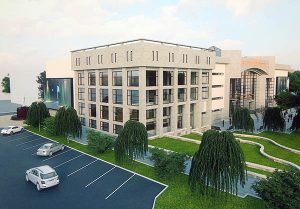
‘I do not like that decisions related to my city are being made by people without a direct relationship to it. They were not born and raised here. In the best case, they come to the sea for their holidays or moved here as a student; they do not love Makhachkala the way real locals do. For them, the city is a just a site to sell and buy land, which will bring in money. It is already so crowded because of these new buildings, and now the parks are being taken away from us’, says Maryam Magomedova, another Makhachkala resident.
Last week, activists met several times with representatives from the the city and republic’s administrations. Mahdi Ramazanov, the project manager for the construction, came to one meeting. The official tried for a long time to convince people that Daghestan needed the museum. According to him, they searched for a site to build the museum in Makhachkala as well as neighboring Kaspiysk but could not find one.
‘If we abandon the project, Grozny will immediately accept it and build it in the city centre itself’, Makhdi Ramazanov argued; but those assembled interrupted him, saying ‘Let Grozny have it!’
‘Don’t say “Let them have it!” It’s none of your business. Why are you answering for all the people?’ Ramazanov responded.
The official’s words enraged crowd:
‘This is our business! This is our city!’ the people shouted.
Someone from the audience asked, ‘What would the city lose if the museum is not built — the money allocated for funding it?’ Ramazanov responded by saying he had worked for three months on the project and had ‘never seen any money’, clarifying that Moscow was building the project while he himself earns only his salary.
‘We lost a whole generation of people who do not know their roots, their history. Why do you so proudly speak of the Wainer brothers, who built a brewery and spoiled our people?’ the official argued angrily, confusing the Wainer brothers, who were writers, with the Weiner brothers who were brewers.
Video from the meeting
‘I have long wondered how it could happen that these people propose to build the park. Don’t they like it here? When I heard this phrase, I finally understood that for them, this park is just a piece of land trees grow on. “Well, we will cut them down and plant new ones. Or not. Who’s there to check?” These people do not know the history of this city or this place. It makes no difference to them whether the brothers were Weiners or Wainers. This absurd statement, deployed when no argument remained, shows very well the level of these people’, says Asya, one of the participants of the meeting.
Lenin’s Komsomol park was founded in the early twentieth century by two German businessmen from Vienna, the Weiner brothers. They came to Makhachkala (then Petrovsk) to build a brewery and were allocated swampland. The Weiner brothers planted poplar trees to drain the water from the swamp, and built drainage channels, and this is how the park came to be.
OC Media’s correspondent was told by the Head of the Central Department for the Environment, Ali Asaliyev, that the ministry cannot do anything.
‘Residents of Makhachkala have not addressed us officially. What should the ministry do if no one has addressed us on this issue? We are working with facts. If tree felling were a fact, we would have done something, organised some events. But there is nothing there now’, Asaliev said.
Activists campaigning for the preservation of the park turned to the Ministry of Justice for permission to hold a rally on 11 February. However, the ministry denied the request, claiming that ‘there is a possibility of sabotage and terrorist attacks in public places and crowded places’.
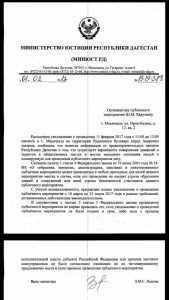
Lawyer Arsen Magomedov lodged an appeal with Makhachkala’s Sovietsky District Court to recognize the lease agreement as illegal and prohibit the defendants from cutting down trees in the park until the case is reviewed.
On 6 February, Magomedov learned that Judge Shamil Khasanov had not moved forward with the appeal. The official reason given was that the applicant failed to include documents substantiating his claim.
‘So, the judge decided that documents, like a copy of the land lease agreement for the museum, must be included. According to the law, we are unable to include these documents. But we have until 13 February to do so, and we will ask the court to request the necessary documents from the defendant. But what bothers me most is that the process has been intentionally delayed. In our statement, we have asked the court to prohibit the felling of trees. But while the case is delayed, the trees can be cut down’, Magomedov told OC Media.
In addition, citizens created a petition on the website Change.org in which they appeal to Russian President Vladimir Putin to save the park from the construction. As of today, the petition has been signed by over 4,000 people.
Campaigners also wrote a number of complaints to the Prosecutor’s Office, requesting he take action. But no answer has been received yet.
Following Abdulatipov’s statement that the museum will be build on a different location, the situation has calmed down. Activists are congratulating each other on a victory to save the Lenin Kosmomol Park, but do not exclude the possibility that in the future they may have to fight for other green areas in the city.


